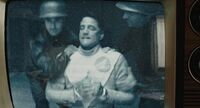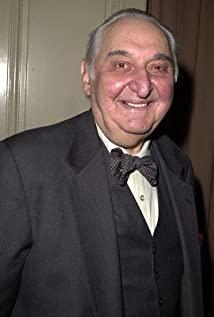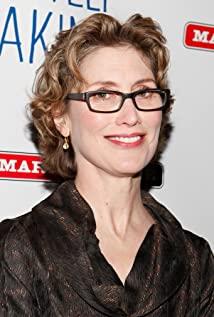Well, let's talk about the uncertainty principle of quantum theory first. We know that Isaac Newton developed modern physics through the "theorem" obtained through calculus and some experiments. This theory can explain the motion of carriages, the whereabouts of iron balls, trains pulling carriages, and even the movement of the earth around the sun. . But the premise is that those "theorems" are summed up by scientists' experiments on the "earth". When people observe the wider universe or study tiny atoms, particles, etc., those "theorems" will be discovered. Be applicable. Scientists then admit that those so-called "theorems" are not "truths", but are actually just the experiences that people have tried on the earth. In the magnitude of the earth, these experiences and truths can almost be drawn on the same sign. But in order to study the life and death of the universe, we must use the theory of relativity of the cosmic dimension; in order to study the microscopic world, we need to use the quantum theory. A major feature of quantum theory is uncertainty. This theory believes that anything can happen. For example, the water in one cup may move into another cup without any force, but this probability is small. From the birth of the universe to the destruction of the universe is unlikely to happen. If we observe the motion of a specific particle, we are never sure where the particle will appear in the next step, but there is a certain tendency to count all particles, just like when we play dice, we never know which number the next time will be. If we experiment a million times, we will find that the six numbers appear about the same frequency.
Let's talk about the movie, the tone of the movie is the solemn color, and the narrative method and logic are obviously different from other commercial films in Hollywood. The dark humor of the film was glimpsed at the beginning with an unrelated episode, so I continued to watch it with a feeling corresponding to this narrative style. To be honest, after watching the brief introduction to the film, I thought it was a very man-told story of struggle. After reading it, I realized that it was a very "elegant" story. Without saying too much, I admit that I am not sure if I understand the movie, but I just shared my thoughts with everyone: the master uses mathematics in class to constantly prove to the students that the world is uncertain, but when the second When the priest (let's call it a priest, or a prophet?) told him an uncertain story, he was at a loss to know the answer, and wanted to know the doctor's later, the pagan's later, which implied the master's cup. Perhaps it has nothing to do with himself, the director just showed the fact, and it happened; three priests appeared in the film: the young, the old and the boss-level. The young priest has not enough experience and practice, trying to answer the protagonist and let him see the problem from a different perspective; the older one gives him some hints, trying to explain the protagonist that the world is disordered and unpredictable, so that he can accept it calmly; the boss The seniors just avoided it, and finally asked my son a question: When life takes all your hope away, what should you do? There is absolutely no meaning to the question to be answered. I think this is what the director wants to convey to us: life has no reason, no purpose, only life itself. It happens, we fix it, accept it, but we are unlikely to understand why. When the master was dreaming, his wife's concubine said that mathematics is an art of probability. In fact, what the director wanted to say was: life is the helplessness of probability.
But I personally still think that mathematics should not be the art of probability, mathematics is just a tool for people's logical reasoning. Probability belongs to the category of physics, while mathematics is only the description and reasoning of probability, and mathematics belongs to the summary and use of human's own way of thinking. It's the first time I've written such a long film review. I don't know if I can make it clear. Thank you.
View more about A Serious Man reviews











